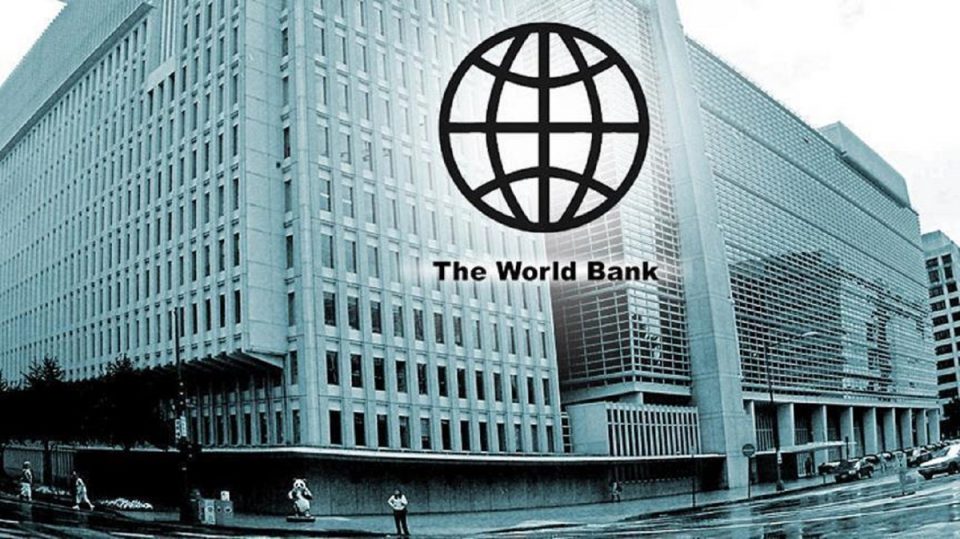The World Bank has said Nigeria and some other countries refused to participate in a temporary suspension of debt-service payments due to concerns about future access to debt and credit-rating downgrades.
The bank disclosed this in the new International Debt Statistics 2022 report, which was published on Monday.
It said Nigeria had a 16 per cent increase in the non-guaranteed debt of the private sector in 2020.
“In sub-Saharan Africa, both Ghana and Nigeria recorded a 17 per cent increase in external debt stocks driven by purchases from the IMF of $1bn and $3.4bn, respectively, plus in Ghana, the $3bn pre-pandemic Eurobond issue, and for Nigeria, a 16 per cent rise in the non-guaranteed debt of the private sector,” the report said.
It said at the end of 2020, the 10 largest borrowers eligible for Debt Service Suspension Initiative, including Nigeria, accounted for $509bn external debt stock and 65 per cent of the end-2020 private non-guaranteed external debt.
It said, “There was wide divergence in the rate at which external debt accumulated in individual DSSI-eligible countries, including the group’s largest borrowers. The combined external debt stock of the 10 largest DSSI-eligible borrowers (Angola, Bangladesh, Ethiopia, Ghana, Kenya, Mongolia, Nigeria, Pakistan, Uzbekistan, and Zambia) was $509bn at end-2020, 12 per cent higher than the comparable figure at end-2019 and equivalent to 59 per cent of the external debt obligations of all DSSI-eligible countries combined.
Nigeria borrows fresh $4bn through Eurobonds
“They also accounted for 65per cent of the end-2020 private non-guaranteed external debt of DSSI-eligible countries.”
According to the report, the DSSI offered 73 IDA-eligible and least developed countries a temporary suspension of debt-service payments owed to official bilateral creditors.
“As of September 2021, 48 countries were participating in the DSSI. Other eligible countries chose not to participate for various reasons. Countries with market access, like Ghana and Nigeria, had concerns about future access and credit-rating downgrades,” it added.



